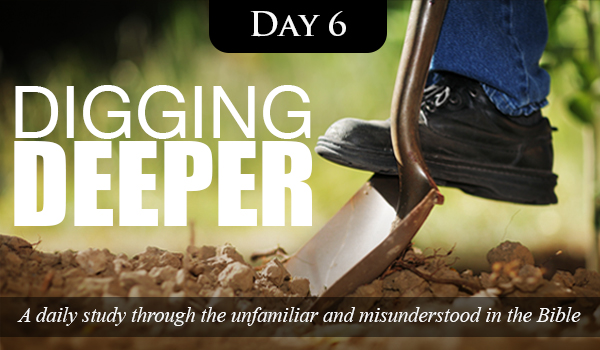
What does casting lots mean?
Then they cast lots, and the lot fell to Matthias;
so he was added to the eleven apostles.
Acts 1:26
In Hebrew culture, God’s people used “lots” to determine His will in a particular matter. Other ancient cultures did this as well. Perhaps you were not aware that this practice was in the Bible. Or you read it, didn’t understand what it meant, and just moved on without knowing the answer.
Lots were small sticks or stones that were somehow identified as either yes or no as the two choices. These stones went by the names, Urim and Thummim and were kept in the priest’s breastpiece (Exodus 28:30, Leviticus 8:8). They were shaken like dice and then dropped. The same answer would have to come up consecutively to be God’s answer.
Proverbs 16:33 basically summarized this short process: “The lot is cast into the lap, but its every decision is from the Lord.” They believed God was sovereign over the results.
There are many instances of casting lots in the Bible, and this was done in various circumstances, by followers of God and non-followers alike. For example, under the supervision of the prophet Samuel, lots were used to determine who would be the next king of Israel (1 Samuel 10:20-21). God’s people cast lots to figure out the 10% of the population that would relocate to Jerusalem (Nehemiah 11:1). The sailors on the boat Jonah was aboard cast lots to determine whose fault it was that they were caught in a deadly storm (Jonah 1:7).
After Jesus ascended to heaven, as recorded in Acts 1, many of the believers closest to Jesus were gathered together for prayer. Under Peter’s direction, they cast lots to see who would succeed the dead betrayer, Judas Iscariot. Two men, Barsabbas who was also called Justus, and Matthias. You can tell from verse 26 whose name came up. This was the last instance of casting lots recorded in the Bible.
What does this mean for us today? Should we cast lots? I believe that the coming of the Holy Spirit in Acts Chapter 2 (after the last instance of casting lots is recorded) nullifies the need for this ancient practice. His Spirit dwells within us to guide our decision-making.
Here is what Jesus shared about the role of the Holy Spirit:
But when he, the Spirit of truth, comes, he will guide you into all the truth.
He will not speak on his own; he will speak only what he hears,
and he will tell you what is yet to come.
John 16:13